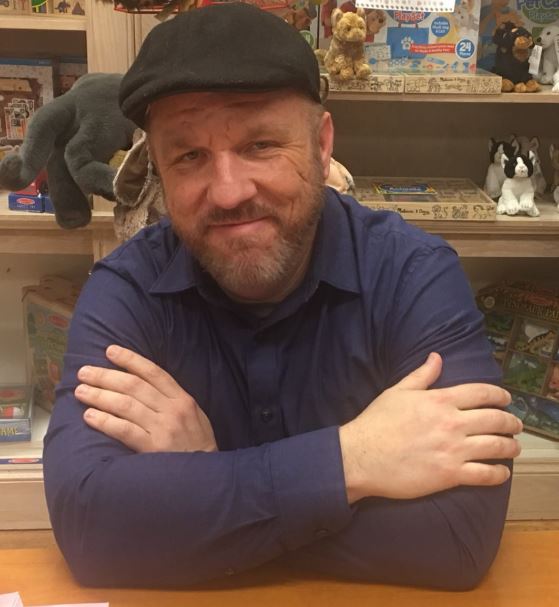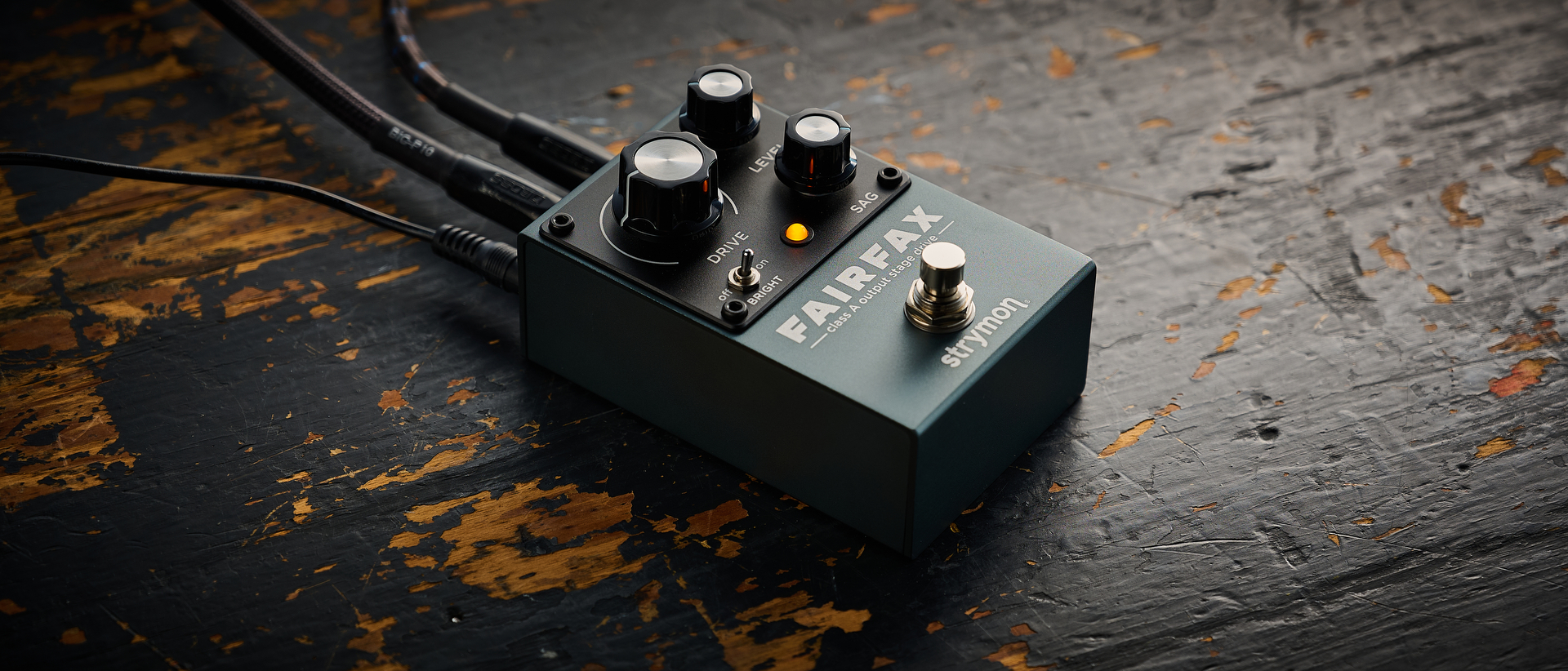Feels Like Home: Greg Howe Talks Maragold, Guitars and Playing the Local Circuit
All the latest guitar news, interviews, lessons, reviews, deals and more, direct to your inbox!
You are now subscribed
Your newsletter sign-up was successful
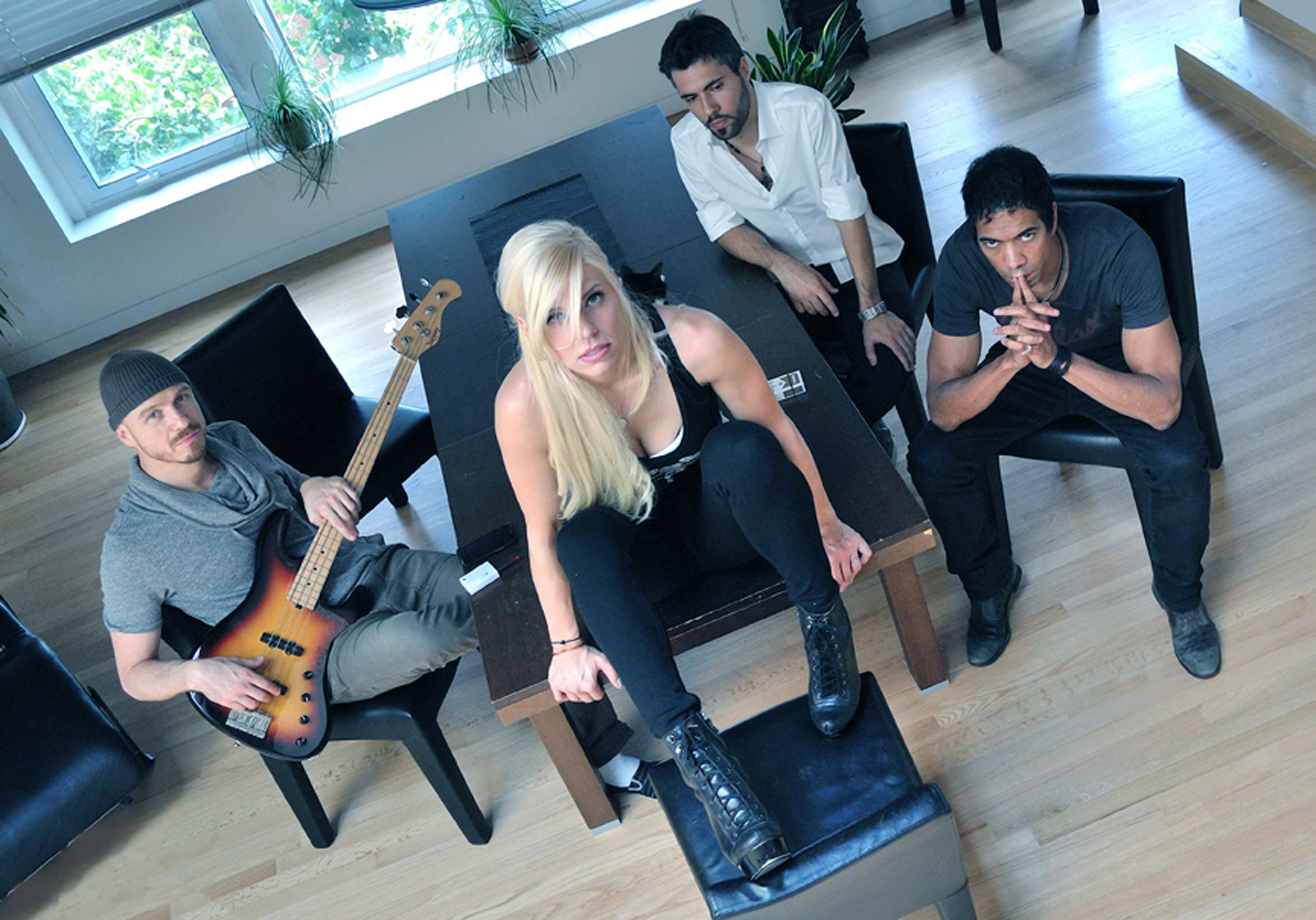
Greg Howe and I have a few things in common. First, we share a mutual interest in a certain instrument, and we both cut our teeth performing in clubs in the Lehigh Valley, Pennsylvania, area.
But that's pretty much where our similarities end. After all, Howe went on to score major success with his fretboard prowess, releasing critically acclaimed albums and supporting some of the biggest names in music. Now Howe finally gets the chance to return to his roots with his new band, Maragold.
Together with bassist Kevin Vecchione, drummer Gianluca Palmieri and powerhouse vocalist Meghan Krauss, Maragold's debut album is a refreshing change to the monotony that has the become the current state of music. Bluesy, tasty and soulful are just some of the adjectives that describe an album that demands to be turned up to 10.
I spoke with Howe to discuss the new album, working with a female vocalist and his days playing the Lehigh Valley scene. Howe also let me in on the real secret to becoming a successful guitarist.
GUITAR WORLD: How did you hook up with Meghan for the Maragold project?
Meghan was gigging on the East Coast in some cover bands, and Kevin had heard of her. He was doing some gigs there as well and went to check her out one night. He thought she was great, so he had her come over to his apartment to do some recording. I remember he sent me a picture of her and at the time, I had never even considered having a female in the group. But after he had sent me the recording they made, that was it. [laughs]
How would you describe her?
All the latest guitar news, interviews, lessons, reviews, deals and more, direct to your inbox!
She's so powerful and edgy. It's almost like she has a distortion pedal that she can turn on her voice whenever she wants. Some of the material we had already written was designed for a male voice, but she just jumped right in and took over. Lyrically, there were some songs we had to cater to her more, and her range was different so certain songs we had to transpose. But for the most part, it was a smooth transition.
What was the process like creating this type of vocal album as opposed to an instrumental one?
It was very comfortable. I feel like I'm more back at home then I have in years. One of the things I've been saying about the instrumental side of my career is that it was never something I had planned. When I first got out of high school, I never even considered the notion of being an instrumental guitarist. But when the whole Seattle thing became popular in the early '90s, there wasn't a whole lot of room for guitar playing.
With no one being that interested in guitar anymore, I built up my studio at home and made instrumental records. It became an opportunity to make a name for myself in the instrumental world because there wasn't anything else clicking at the time. In a way, it was also a blessing in disguise. The instrumental realm forced me to really push myself in terms of the guitar. In order to stay relevant, I knew I would always have to push the envelope and bring something fresh to the table.
How did the songs come together for this album?
In many cases, I'd already have the foundation of the song ready, and once Kevin came on board sometimes things would change. He'd have ideas or sometimes the two of us playing together would inspire a different route for the B section. For "Evergreen is Golder," that main riff was one I had written several years ago for another project that didn't happen. But I always thought the riff, as simple as it was, was still catchy. So when Kevin and I got together, I broke it out again and we developed it into something a lot more complete and cohesive.
Are you making plans to tour?
We're getting geared up to play out live as often and as many places as possible. I haven't toured the States in years and am really looking forward to it.
What are some of your best memories of playing the Lehigh Valley music scene?
That whole scene was fun. I remember we used to do a lot of underage clubs, and those were a blast because they were more like concerts and were always packed. People were always right up to the front of the stage. It was that youthful angst that made it fun. Other Shrapnel alumni went on to be in groups, like Paul Gilbert [Mr. Big], Marty Friedman [Megadeth] and Richie Kotzen [Poison].
Was being part of a group like that something you might have considered?
It depends. I discovered once I stepped off of the big tours like Justin Timberlake, NSYNC and Rhianna that it wasn't as fulfilling for me to just be a sideman playing for someone else's project. If one of those kind of groups had approached me about coming on board as a real member and participating in the whole creative aspect, I might have been interested.
I have to be involved as an artist and part of the process, or it's not as fulfilling. Those big tours were fun and very lucrative, but they helped me realize that what really motivates me is not even the guitar. It's the creative process. If guitar playing ever became illegal, I would still be a musician creating music. That's what really motivates me.
In all of your years of giving lessons, what's the one thing you believe most guitarists seem to lack?
The toughest thing for a lot of guitarists to do is to come to terms with what their goals really are. When people are trying to become great guitar players, they're usually basing that on some objective view instead of their own view. I doubt very much that Robben Ford ever stresses out over the fact that he can't play three-octave diminished arpeggios a million miles an hour. I don't think that's a goal of his or adds anything to his music. There's no purpose for him to do that.
Guitarists have to recognize what it is they want to do musically and then have a clear vision about the musical statement they want to make and work toward it. It's pointless to learn a million Hungarian minor scales if you're intending to become a blues guitar player.
If you want to be the guitar player in the American Idol band (where you have to learn 15 new songs a day) then you should be working on sight-reading. If your goal is to be an artist, you should work on composition. If your goal is to be technically proficient, you should be doing exercises. If your goal is to be a great blues player, you should be spending time on nuance and the importance of your tone.
The truth is there's no such thing as being the best guitar player in the world. There's only a such thing as being the best you can be, and that will reveal itself when you figure out what your goals are.
For more information about Maragold, visit maragoldband.com.
James Wood is a writer, musician and self-proclaimed metalhead who maintains his own website, GoJimmyGo.net. His articles and interviews are written on a variety of topics with passion and humor. You can follow him on Twitter @JimEWood.
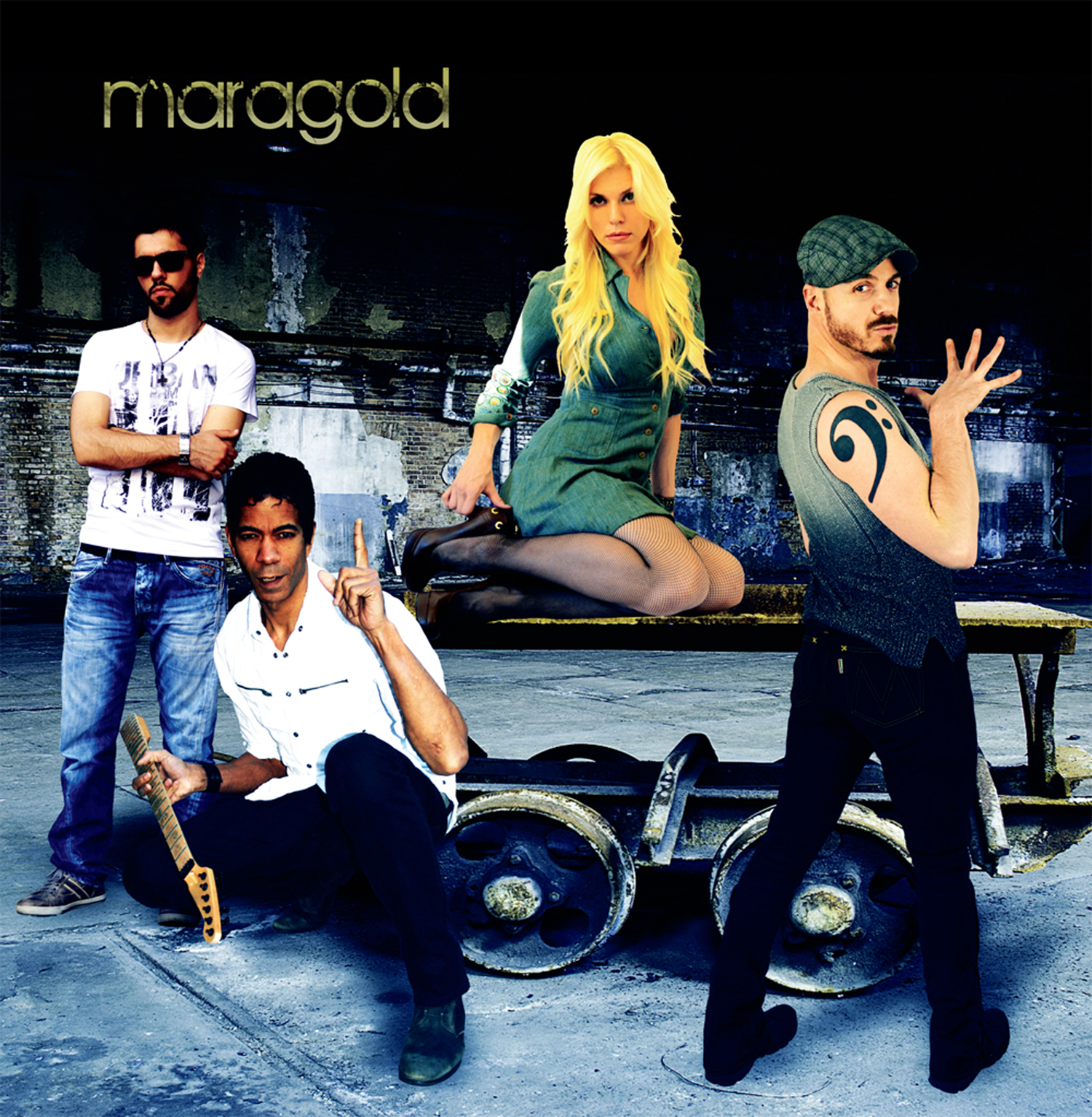
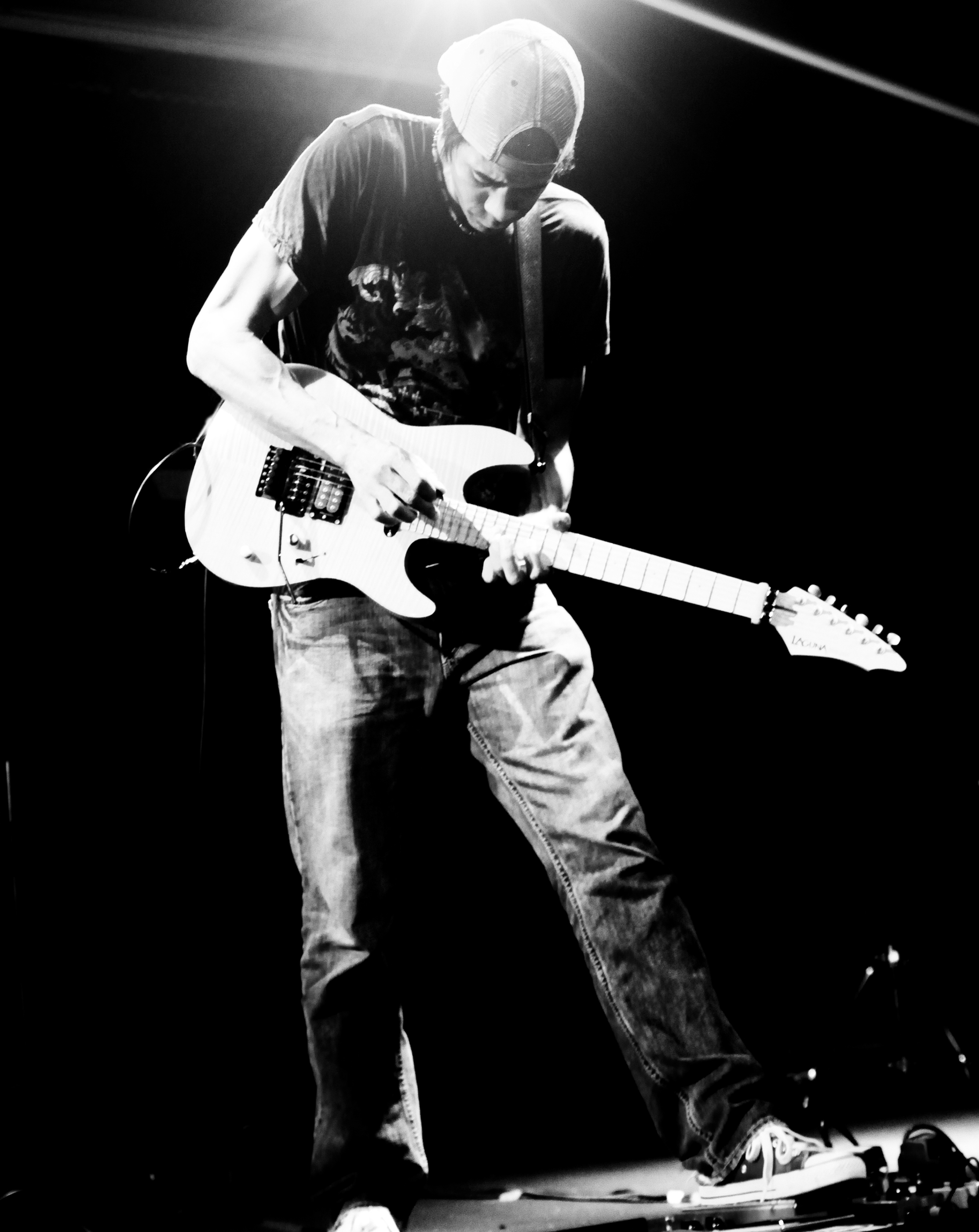
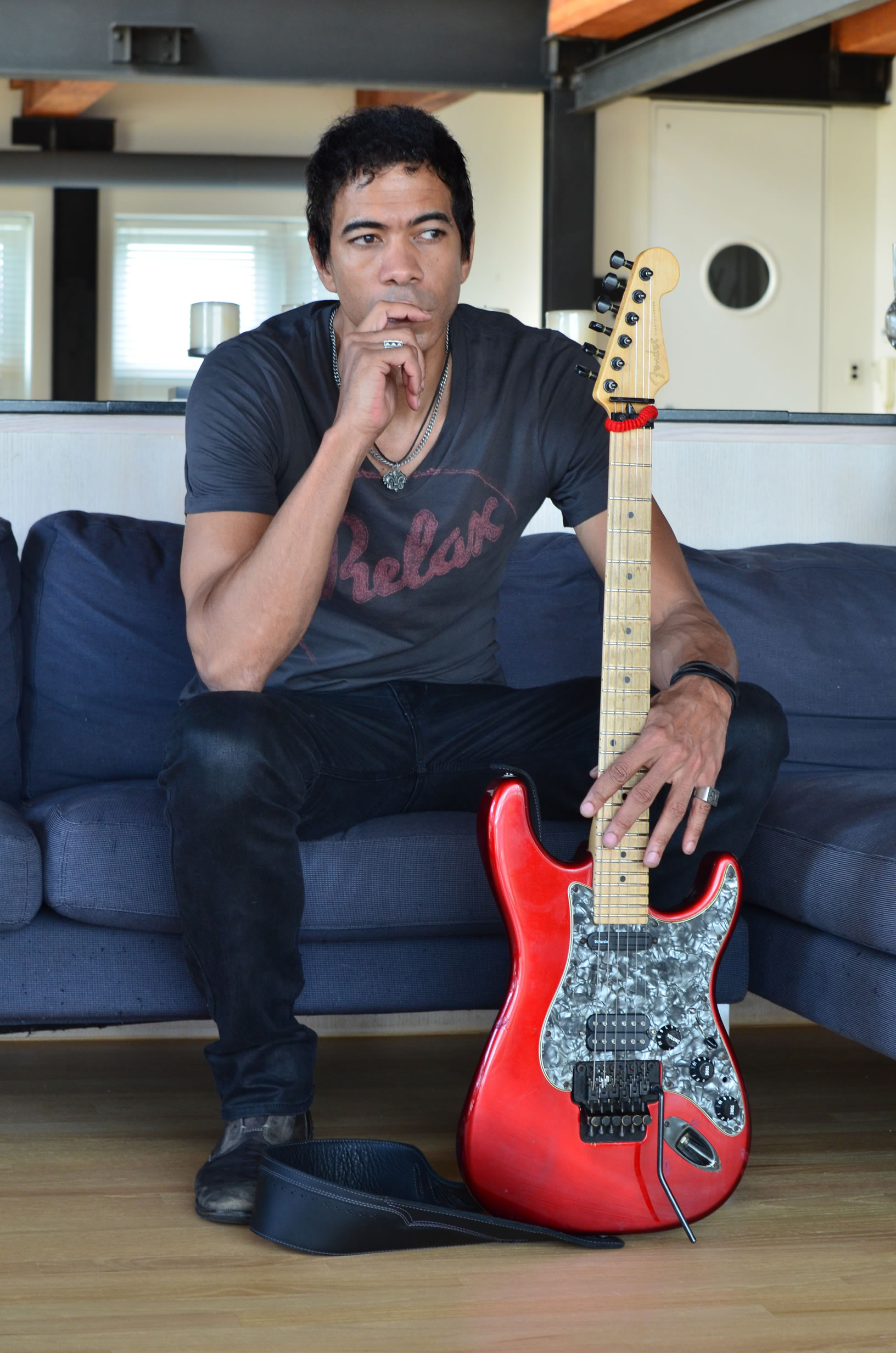
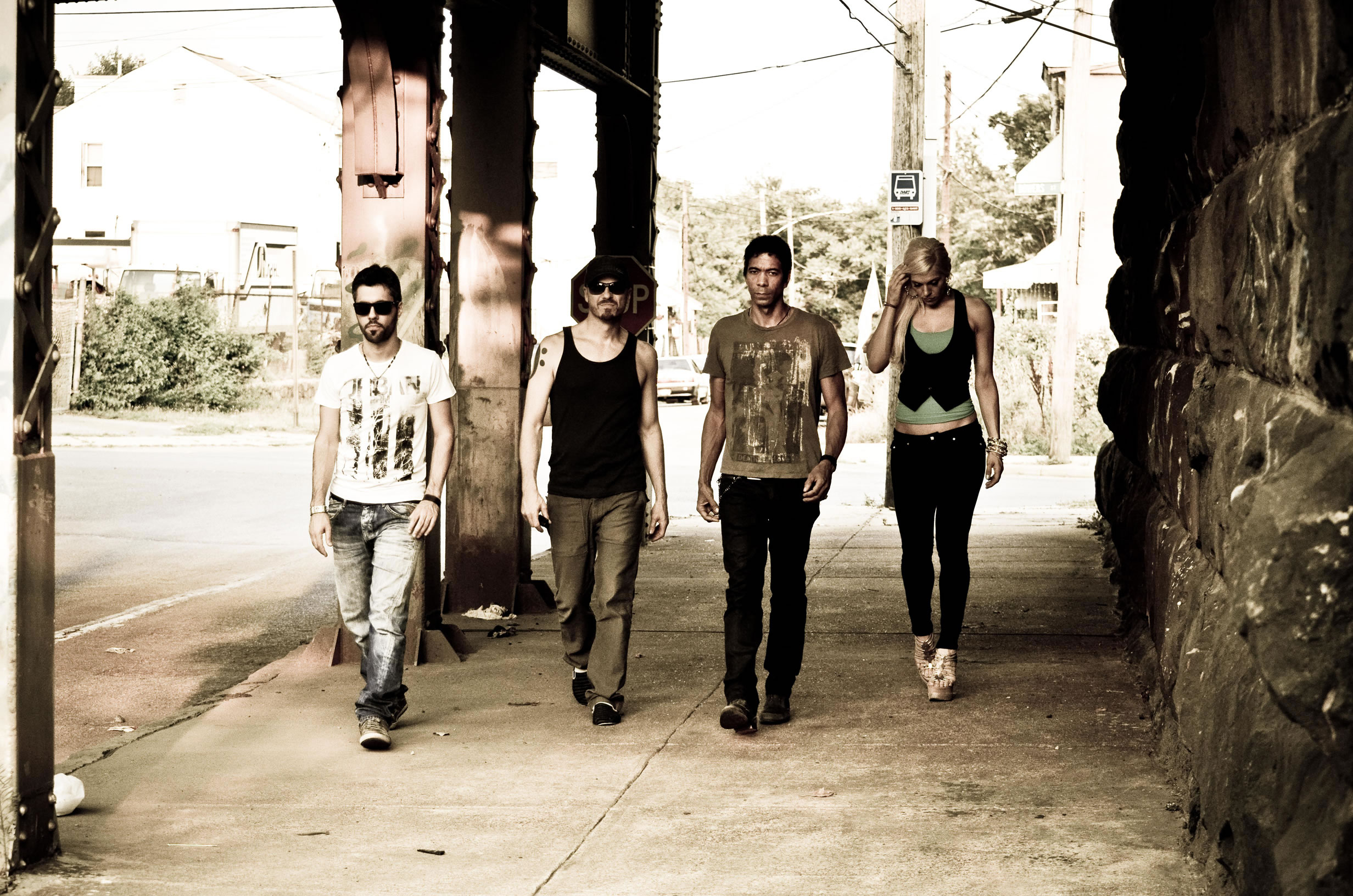
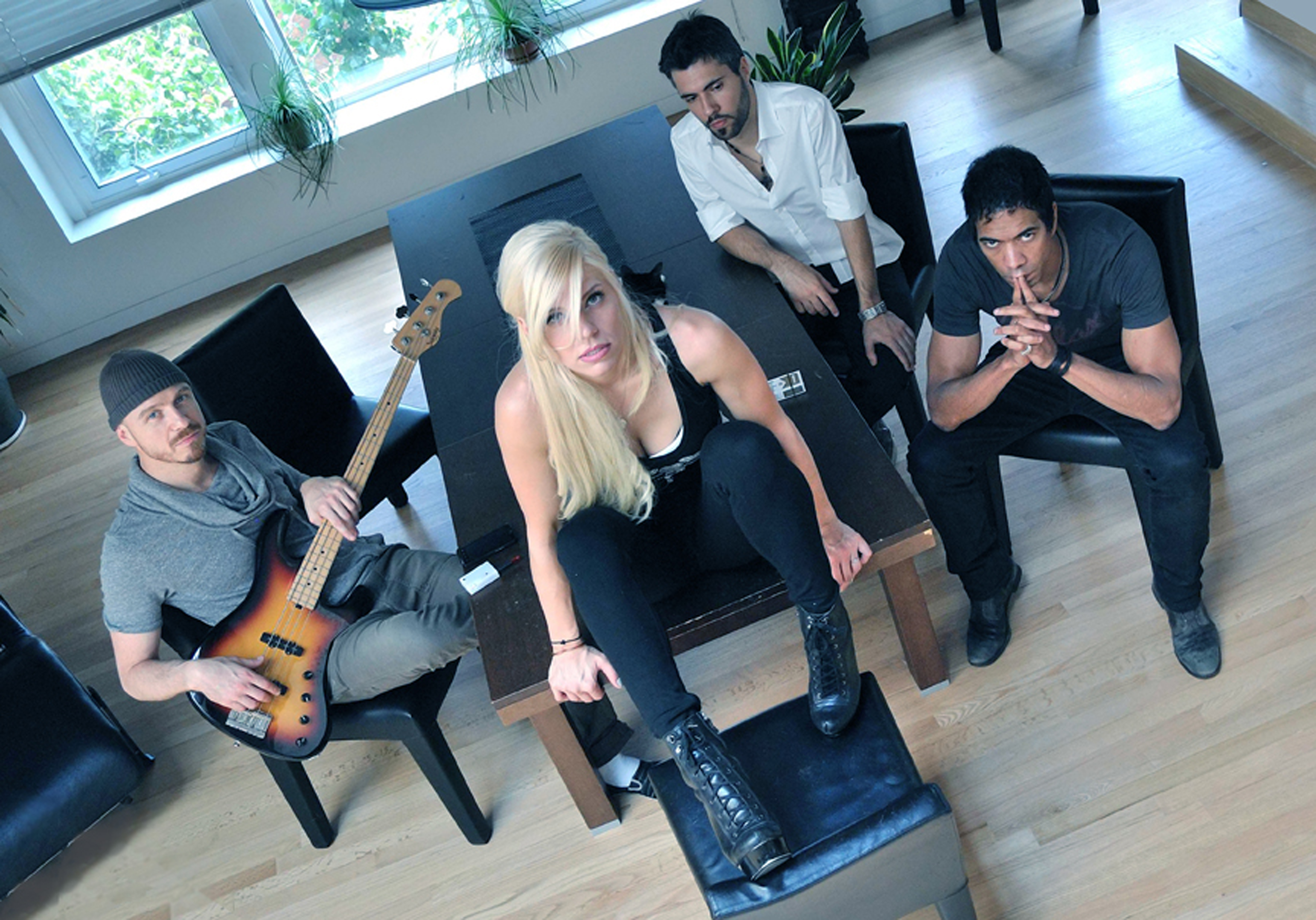
James is a guitarist and freelance writer who's interviewed some of the biggest names in music. He is the author of four books and his writing credits include work for Guitar World, AXS and Yahoo! as well as for his hometown newspaper where he writes on a variety of topics with both passion and humor. As a guitarist, he's performed everywhere from local bars and nightclubs to some of the biggest stages in front of thousands of music fans.
